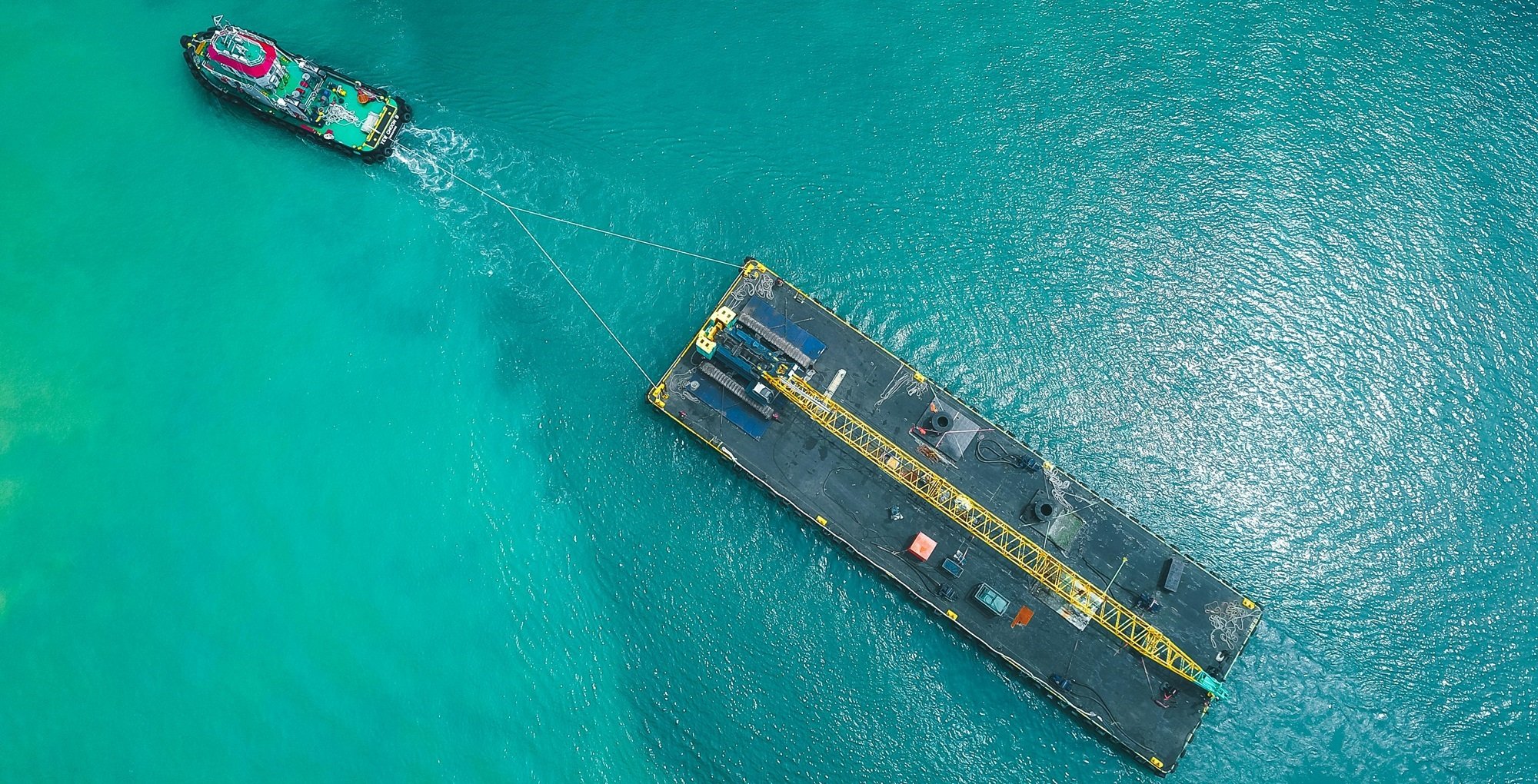The U.S. government has published a new action plan to steer its maritime sector toward a sustainable future.
“An Action Plan for Maritime Energy and Emissions Innovation”, released this December, builds on the U.S. National Blueprint for Transportation Decarbonization to define actions that demonstrate and scale vessels and solutions to reduce costs and emissions in the maritime sector in the United States.
As informed, large ocean-going vessels represent 66% of energy consumption in the U.S. maritime sector from fuels bunkered in the United States. Combustion from heavy fuel oil contributes to emissions and air pollutants that contribute to harmful public health impacts.
Three key actions to decarbonize the sector include:
The government also outlined near-term actions to achieve substantial emissions reductions in the maritime sector by 2050. These include:
Achieving net-zero emissions economy-wide by 2050 is expected to benefit the U.S. economy and communities by promoting innovation, maintaining economic competitiveness on the global stage, and reducing the negative impacts of climate change and air pollution from the transportation sector.
This will require strategic actions to support low- and zero-emission vessel design, production and bunkering of sustainable maritime fuels, and construction of critical infrastructure.
New center to play a key role in the development of future sustainable U.S. transportation systems
Only a few days after the release of the new action plan, the Sustainable Freight Workshop was organized at the White House.
Christopher J. Wiernicki, Chairman and CEO of class society ABS, spoke at the White House on the future of sustainable transportation.
“Many of our sustainable transportation programs and initiatives tend to become mode-centric, but it is critically important to optimize the overall sustainable freight transportation across modes from origin to destination, which requires a system of systems focus,” Wietnicki said.
Wiernicki emphasized the advantages of freight shipping and how it worked best by linking with other transportation sectors.
“Marine transportation has significantly lower emissions per ton-mile than other transportation modes, is the most cost-effective mode for freight, can move freight at a scale that other transportation modes cannot match, provides import and export options that other modes cannot reach, and often has less vulnerability to infrastructure damaging events such as natural disasters. However, marine transportation can be slower and has fewer delivery location options, which requires close partnership with other modes for safe, efficient, cost-effective, and sustainable transportation of freight,” he explained.
“ABS’ approach is to work on the broader picture of cargo freight sustainability. The bottom-line carbon content of freight moving through the marine transportation and through the overall intermodal transportation system from origin to destination is a key measure of sustainability performance.”
The U.S. Maritime Administration’s Office of Environment and Innovation has selected ABS to establish and operate the U.S. Center for Maritime Innovation under a five-year cooperative agreement. Authorized by the U.S. Congress, the center is intended to support the adoption of clean energy on U.S. vessels through a wide-ranging program of research and development and training support.
The workshop heard how the center would be at the heart of the development of the future of sustainable U.S. transportation systems.
“The Center is a new national resource that can play a key role in the envisioned industry-led, freight-focused partners working group proposed as a core objective for this workshop, and the Center is a key resource to help support public and private implementation of the freight modal plan for maritime,” Wiernicki added.






